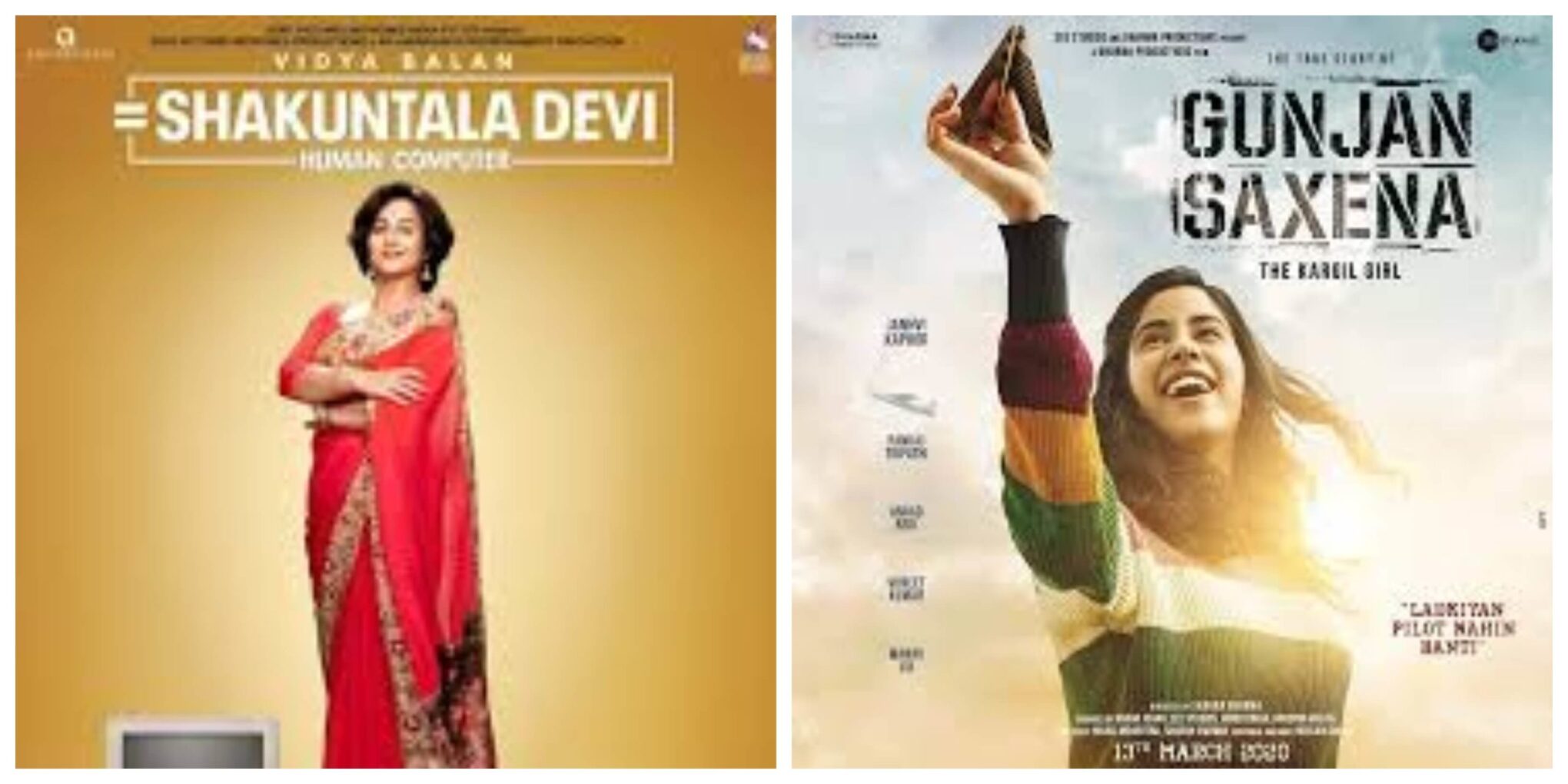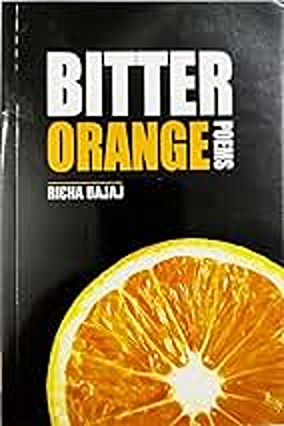Two recent movies, both biopics on women, have once more brought the focus on the importance of the art of storytelling in films. The representation of women is wanting, opines Nabanita. She reviews two films exclusively for Different Truths.
Biopic seems to be the current blue-eyed boy of Bollywood. It is interesting to note the range of biopics that we have till now – right from sports personalities to historical personas to scientists to politicians and even Bollywood figures, these movies claim to present a real story to the viewers. But this reality of course comes with a catch. It is not always that we hear a neutral and objective voice. Two recent movies, both biopics on women, have once more brought the focus on the importance of the art of storytelling in films. Every story has multiple narratives and perspectives hidden within. It is always the storyteller’s prerogative, in case of a movie, the director’s, to select the one that is to be narrated. And that selection is what makes a world of difference.
Every story has multiple narratives and perspectives hidden within. It is always the storyteller’s prerogative, in case of a movie, the director’s, to select the one that is to be narrated. And that selection is what makes a world of difference.
The film Shakuntala Devi has left me flummoxed, dissatisfied and with a bitter aftertaste. The woman in me asks right away – would any biopic based upon a male mathematician receive similar treatment? A Beautiful Mind springs to mind, quite naturally, as it also narrates the story of another mathematician. Living with schizophrenia, John Nash had difficulties handling relationships and even proper jobs. But the film did not degenerate to become a tale of fraught relationships only. Instead, it beautifully documented the journey of an exceptional mind into becoming one of the most important Mathematicians of his times.
Then what went wrong with ‘Shakuntala Devi’? Why did the film become a documentation of failed relationships and arrogance of genius? Was it because the subject was a woman? Did it not reiterate the age-old discomfort that patriarchy has when dealing with women’s intelligence? And is it not shameful that we still prioritise emotion over intellectuality when it comes to women? The film does begin with a disclaimer that the story is told from the point of view of her daughter Anupama Banerjee and that is probably the crux of the problem. It is perhaps told from a perspective, which already has too many troubling points to take into account. But the fact remains that to narrate the story from the daughter’s perspective is also a choice – a choice that was deliberately made and then acted upon. And choices are always important. They decide what a narrative is going to be about.
As a teacher and a mother, I felt another important concern while watching this movie. A biopic of Shakuntala Devi is bound to generate interest in the young minds and should have been an inspiration for them. While creative freedom should allow a filmmaker to choose the point of view, it must also come with the creative responsibility of treating the subject with required dignity. The film not only fails to inspire any mind, young or old, what comes out is a caricature of a genius caught in the classic conflict of the mother-daughter relationship for two generations.

As a teacher and a mother, I felt another important concern while watching this movie. A biopic of Shakuntala Devi is bound to generate interest in the young minds and should have been an inspiration for them. While creative freedom should allow a filmmaker to choose the point of view, it must also come with the creative responsibility of treating the subject with required dignity. The film not only fails to inspire any mind, young or old, what comes out is a caricature of a genius caught in the classic conflict of the mother-daughter relationship for two generations. And let us not even talk about the half-baked, confusing messages that it gives out regarding homosexuality. The Shakuntala that we meet is an arrogant prig, too sure of her capabilities and completely self-centred. In the whole narrative which becomes a quagmire of stereotypes, what is lost is the world-class genius, who took the world by storm by her mathematical talent.
By comparison, Gunjan Saxena, another biopic released shortly after Shakuntala Devi is more focused upon the subject. The movie traces the journey of its eponymous protagonist to become the first woman fighter pilot of India. It is a remarkable feat to achieve in the world of ultra males and the movie highlights the toils and travails of Gunjan, her everyday war with the patriarchal mindset, reflected through her mother and brother at home and fellow officers at the base. The only support she received was from her father and much later from her commanding officer.
But this film too falls prey to the accepted notions of the feminine through its constant portrayal of the character as a victim. The facts depicted in the film have already garnered enough controversy but without even going into that, (because the author has no means of determining the truth), this reiterating victimisation of the female becomes a trope for easy success and the film falls for it. The cliché of the damsel in distress still remains a crowd puller and the knight does arrive in form of Gautam Sinha, the commanding officer who gives Gunjan that one small chance which she needs. While the film tells the story of her grit, her determination to stick through and also of her vulnerability, it could have shown a bit more of her successes as well. Isn’t it time now that alongside hardships we also celebrate successes of women by providing them with reasonable screen time?

The cliché of the damsel in distress still remains a crowd puller and the knight does arrive in form of Gautam Sinha, the commanding officer who gives Gunjan that one small chance which she needs. While the film tells the story of her grit, her determination to stick through and also of her vulnerability, it could have shown a bit more of her successes as well. Isn’t it time now that alongside hardships we also celebrate successes of women by providing them with a reasonable screen time?
Both these movies are crucial in terms of women’s voices because they deal with personalities who had dared to break through the conventional roles of women and pursued their careers in fields which were considered to be the prerogatives of males. The problem of stereotyping remains one of the major issues in films on women. Gunjan Saxena dishes out a tried and tested stereotypical convention – bringing together gender bias, hardships of a woman and patriotism – a sure recipe of success. It glorifies victimization but nevertheless also questions patriarchal notions of women’s capabilities. In a country where women are still struggling to find a stable foothold, it at least gives them something to hold on to, though leaving a lot more to be desired. But Shakuntala Devi miserably fails even there. It fails to do justice to the mind of the genius and makes a mockery of the character. In a county which still has to run schemes like ‘beti bachao beti padhao’, isn’t it important that our movies handle women’s issues with a little more sensitivity and let the women be a little more proud of themselves?
Photos from the internet.
Feature picture is a collage made from youtube.com





 By
By
 By
By
 By
By
 By
By
This work of yours is wonderful and truly intriguing. I’m really proud that I was a student of yours in Sarsuna College. I wish more and more success for you mam.